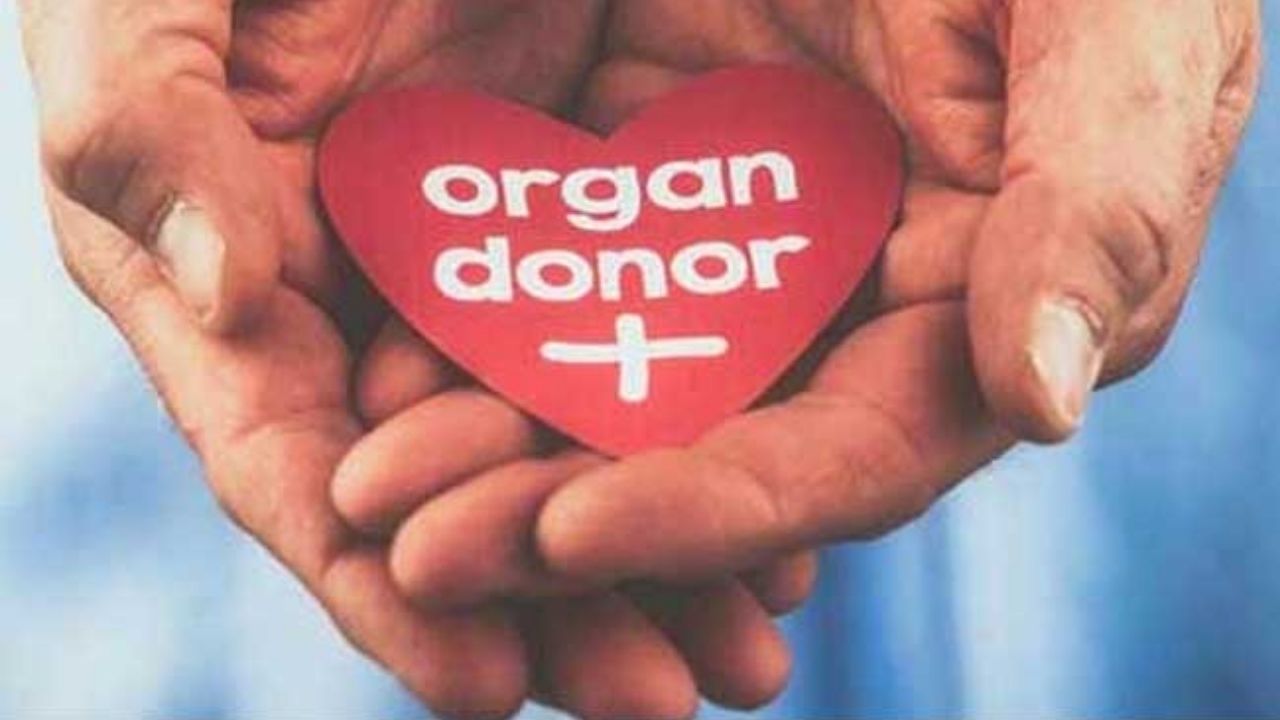Let's know important information about organ donation -
When was the start of celebrating organ donation day?
Organ donation and transplantation comes under the 'Transplantation of Human Organs Act 1994'. It came into force legally in February 1995. After this, by amending the Act in 2011, tissue was also brought under it. However, even today people are not very aware of organ donation in the country. According to the report, every year lakhs of people die in the country due to damage to body parts.
Which organs and tissues can be donated?
First of all, let us tell you that both organs and tissue are different things. What are organs and tissues? Actually, an organ is a part of the body. who does a specific job? The heart, lungs, kidneys, liver, and intestines can be transplanted and donated to organs. Tissues that can be transplanted such as bones, cornea, heart valves, nerves, skin, blood vessels, and tendons.
Who can donate when?
Organ donation can be done for those who are declared brain dead from birth to 65 years of age.
Kidney 6-12 hours 6 hours to the liver 4 hours to heart 24 hours to the pancreas Tissues can be preserved for about 4 to 5 years.If there is a natural death, then the cornea, heart valve, and bone can be donated. Organ donation can also be done to children below 18 years of age. But, Parental permission is required. At the same time, if you are a patient of cancer, HIV, diabetes, or heart, definitely discuss it with the doctor before donating organs.
What does organ donation mean and how is organ donation done?
Many people only know that if someone wants to donate an organ, they have to call the organ donation center and tell them. There is a process of organ donation, which the donor has to follow. This is the whole process of donating organs.
Top 10 facts about organ donation
1) First of all, organ donation is done only in case of brain death and this condition can be declared by the hospital only after the death of the person.
2) This is the same hospital where the deceased was being treated. This work is done under the supervision of her consultants, transplant coordinator, and doctor.
3) When you make a wish to donate, you get a card from that organization upon registration, indicating that you intend to donate.
4) It is not necessary that the organization to which you want to donate an organ is aware of the correct procedure related to it.
5) Actually the hospital contacts the family and the donor's counselor and knows the perspective of the family. The hospital committee handles this process after the person's brain death is announced.
6) Currently in India, the relatives of the donor decide whether he wants to donate organs or not. Even if you have made a promise to donate, organ donation cannot be done without the approval of the family members.
7) Before registering an Organ Donor anywhere, please discuss it with your family. So that he can fulfill your wish after your death.
8) Many such cases have also been seen when the relatives refused to donate organs because the deceased had never told them about it. In this situation, it is difficult for them to make the decision to donate organs.
9) Registering for organ donation and getting a donor card does not mean that you have come under the purview of the law. It's just your wish. It does not matter from where you get the donor card.
10) This card is just a symbol that you want to donate organs. So always carry it with you and convey your wish to friends and family.

 Organ donation is said to be an act of great merit. Because donating your organs can save many lives. Or because of some reason, they get another chance to live life. Often people donate organs while they are alive. The purpose of celebrating this day is to make people aware of organ donation.
Organ donation is said to be an act of great merit. Because donating your organs can save many lives. Or because of some reason, they get another chance to live life. Often people donate organs while they are alive. The purpose of celebrating this day is to make people aware of organ donation.










.jpeg)
















.jpg)



